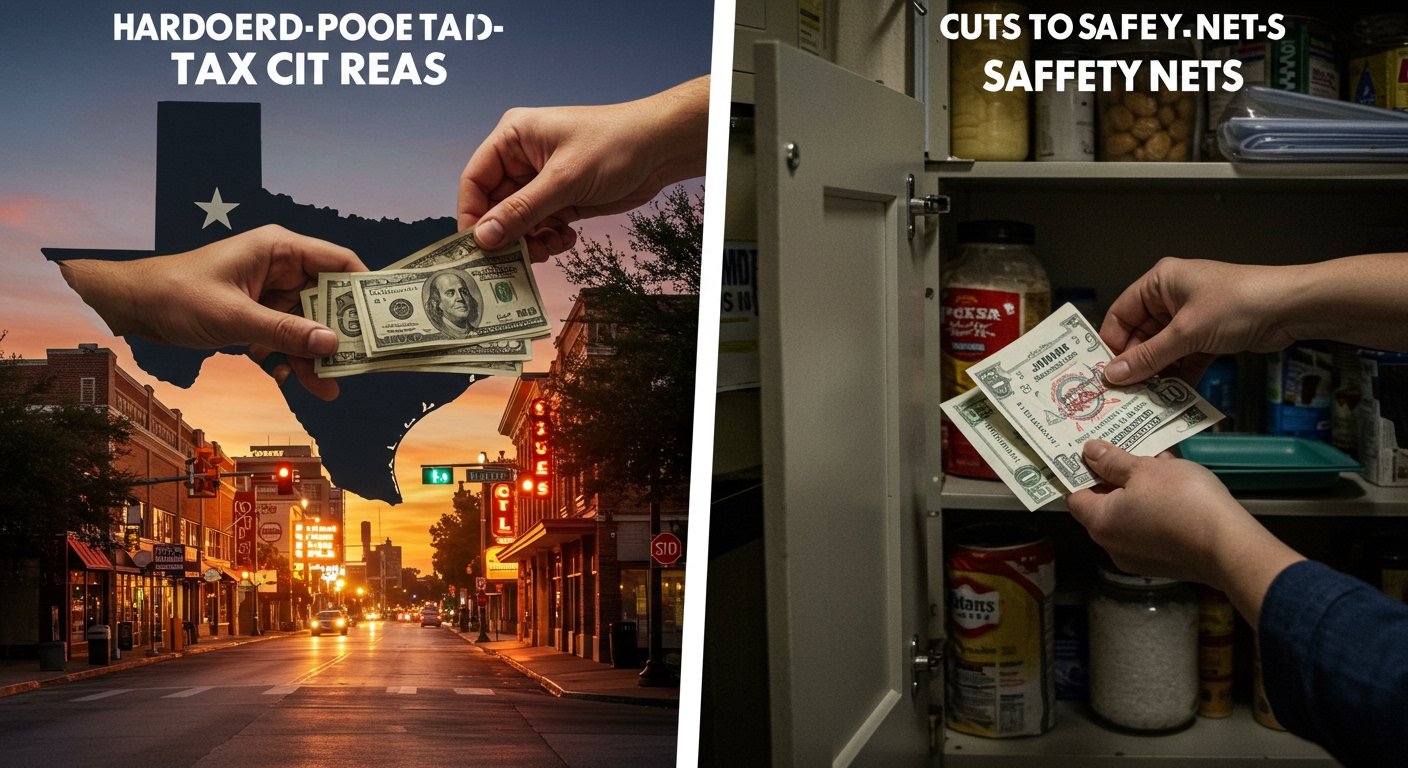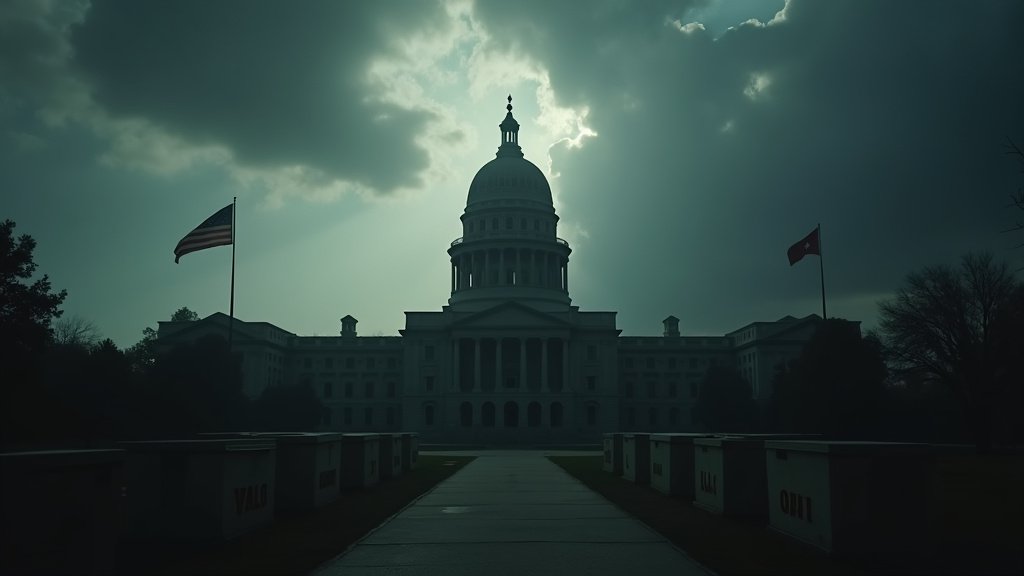A comprehensive spending bill proposed by President Donald Trump has ignited a fierce debate among lawmakers across Texas, reaching a flashpoint on July 4, 2025. The legislation, billed by its proponents as a transformative package aimed at stimulating the economy and bolstering national security, has drawn starkly different reactions along partisan lines within the state’s congressional delegation.
Republican members of the U.S. House of Representatives from Texas have largely rallied behind the proposed bill, praising it as a crucial piece of legislation that prioritizes the interests of Texans. They argue the package delivers on key promises and provides necessary investments while reducing the burden of taxation.
Conversely, Democrats have voiced significant alarm, contending the bill would inflict substantial harm on the state’s most vulnerable populations by eroding critical social safety nets. The ideological divide underscores the profound disagreements in Washington and state capitals over the role of government spending and taxation.
Key Provisions Sparking Debate
The controversial bill reportedly fulfills several prominent campaign pledges made by President Trump. Central to the legislation are widespread tax reductions, totaling approximately $4 trillion. A specific provision highlighted by supporters is the proposed elimination of taxes on tips and overtime pay, a measure intended to provide direct financial relief to workers.
However, the bill also features significant reductions to major federal assistance programs, including Medicaid, which provides healthcare coverage to low-income individuals and families, and the Supplemental Nutrition Assistance Program (SNAP), formerly known as food stamps. These cuts are coupled with the introduction of new work requirements for individuals to qualify for benefits, a move critics argue creates additional barriers for those most in need.
According to an analysis by the non-partisan Congressional Budget Office (CBO), a federal agency that provides budgetary and economic information to Congress, the proposed cuts to Medicaid could result in an estimated 11.8 million Americans losing their health insurance coverage. This projection has become a central point of opposition for Democrats and advocacy groups.
Beyond domestic spending and taxation, the bill also allocates substantial resources towards priorities championed by President Trump. It reportedly includes significant funding for his border security efforts and aims to strengthen the Department of Defense.
Differing Perspectives from Texas
The stark contrast in how the bill is perceived is exemplified by comments from Texas’s representatives in Congress.
Democratic Congressman Lloyd Dogget, whose district includes a portion of Austin, has been an outspoken critic of the legislation. He expressed profound concerns that the bill’s proposed cuts and changes to social programs would disproportionately harm low-income families across his district and the state. Furthermore, Congressman Dogget warned that reductions to Medicaid could pose a significant threat to rural healthcare providers, many of whom rely heavily on Medicaid reimbursements to remain operational, potentially jeopardizing access to care in underserved areas.
In stark contrast, Republican Congressman Michael McCall offered effusive praise for the bill. Congressman McCall stated confidently that the legislation would substantially benefit hardworking families throughout Texas and the nation. He referred to the proposal using the memorable phrase, “The one big beautiful bill,” highlighting his belief in its positive and comprehensive impact.
Congressman McCall further elaborated on the bill’s contents, asserting that it adequately funds President Trump’s crucial border security efforts. He also emphasized that the legislation strengthens the Department of Defense, a key priority for national security proponents. A point of particular relevance to Texas, a border state, is the bill’s specific allocation of $13.5 billion designated to reimburse border states, including Texas, for funds they have previously spent on border security measures. Congressman McCall also framed the legislation as permanently enacting the largest tax cut in history, a claim that underscores the scale of the proposed fiscal changes.
Potential Impact and Future Outlook
The debate in Texas mirrors the national conversation surrounding President Trump’s spending bill. Supporters foresee economic growth spurred by tax cuts and enhanced security, while opponents fear increased poverty, reduced access to healthcare, and a widening gap between the wealthy and vulnerable populations.
The bill’s future remains subject to the legislative process in Washington. As of July 4, 2025, the robust debate among Texas lawmakers highlights the significant implications the proposed legislation holds for the state’s economy, social services, and residents across the income spectrum. The outcome of this legislative battle will undoubtedly have far-reaching consequences for Texas and the nation.






